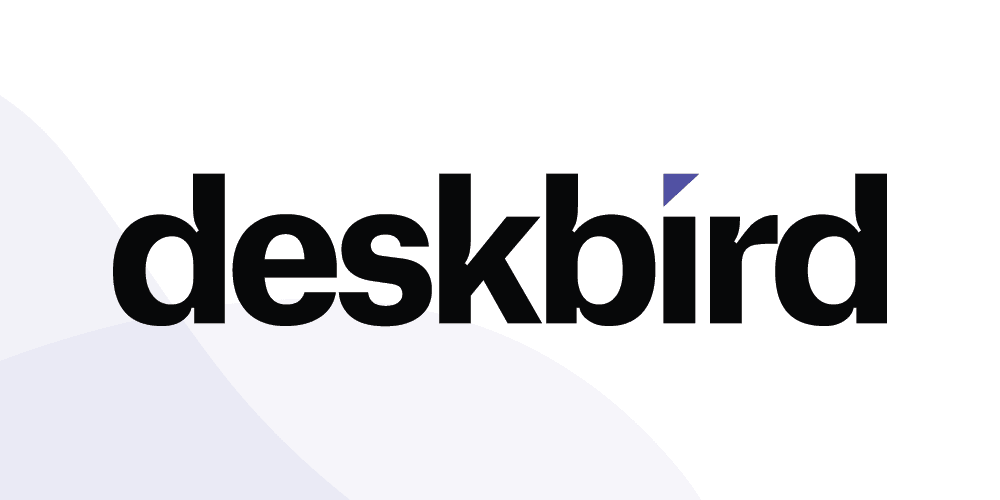Workplace trends of 2024

It is now the third time that I have sat down with a cup of winter-spiced coffee to write an article on workplace predictions.
My first one was in December 2021. We have just launched our hybrid work platform and deployed our first customers. Despite the uncertainty of the post-COVID period, we were looking forward to 2022, which promised not only hybridization of all work-life aspects but also increased use of innovative HR technologies (including Hubtobee Flex).
A lot had happened before I started editing my next blog post on work trends of 2023. Mistakes during the hybrid work transition have pushed many companies to recall their employees back to the office full-time. Few organizations were ready to embrace modern hybrid work technologies while navigating through changing employee preferences and office reductions.
Yet, as predicted, 2023 marked the search for more sustainable hybrid work models that provided even more freedom to hybrid teams to choose when and where to work. Human Resources took this year to invest in employee well-being and mental health and to set the scene for Gen Z. In August, the world was once more overwhelmed by talks (and talks only) about the Return-to-Office (RTO).
As the landscape of work continues to evolve, in 2024, we will witness a convergence of diverse trends that will reshape the workplace even further. From the rise of Gen Z to the accelerated integration of Generative AI and the ongoing evolution of remote work policies, the coming year presents a canvas of transformation.
Let’s once again delve into the key trends shaping the future of work.
Gen Z: Redefining Work Priorities
Gen Z is on track to outnumber Baby Boomers in the full-time labor market by early 2024, marking a significant yet anticipated shift. By 2030, this generation will comprise 30% of the total workforce.
Gen Z stands out for its social consciousness and a strong motivation derived from a sense of purpose, prioritizing roles where they can contribute meaningfully rather than pursuing higher paychecks. The Lever 2022 report on mobility and retention underscores this preference, revealing that 42% of Gen Z value a sense of purpose over financial compensation.
Gen Z also has a distinct approach to career development, as indicated by their reluctance to pursue internal mobility. 56% of Gen Z individuals think their companies provide inadequate opportunities for upskilling and reskilling, in comparison to more favorable perceptions among Millennials (73%), Gen Xs (62%), and Baby Boomers (61%).
Finally, Gen Z’s comfort with technology will push them to leverage AI and machine learning to help automate and personalize their workflows. This tech-savvy generation will not hesitate to integrate these advancements into their daily routines and will overcome others in productivity by doing so.
Generative AI: Balancing Potential and Pitfalls
In 2024, the ongoing debate about technology safety will persist, with governments gearing up to introduce regulations on AI, even as businesses speed up their AI plans and strategies.
Despite a widely held belief, AI won’t replace jobs outright but rather those who can use AI will replace those who can’t. Estimates from the World Economic Forum suggest that by 2025, new technologies might handle up to 48% of all tasks.
The rise of Generative AI will simplify information access and boost productivity for certain workers in the long run. Yet, it will heighten the importance of human-to-human interaction. Becoming a proficient AI-augmented worker will involve understanding its limits and recognizing where human qualities like creativity, empathy, and innovation are still crucial. Soft skills will therefore gain prominence as tasks previously done manually become automated, leaving behind more human-centric responsibilities that require strong interpersonal skills.
RTO Policies: Flexibility and Its Challenges
In 2024, Return-to-Office policies will remain a significant topic as certain organizations struggle or feel uncertain about handling workplace flexibility effectively.
Several barriers will continue to hinder the successful implementation of flexible working. These include challenges related to leaders’ reluctance to embrace new work methodologies, outdated workplace infrastructure, obsolete management styles, and an excess of virtual meetings congesting hybrid team schedules.
Overall, the approach to RTO policies is expected to balance between providing incentives (free snacks, social events, peer-to-peer mentoring) and enforcing a return to the office (badge tracking, validation of WFH days by a manager).
Community-oriented hybrid work tools that allow planning in-office days smartly depending on the presence of others will play a significant role in both incentivizing in-office collaboration and framing WFH rules. At Hubtobee, we strongly believe that hybrid workplace software must both socially encourage employees to organize their teleworking days and support the team leads in managing personalized work-from-home setups.
Flexibility, coupled with a deliberate and thoughtful approach, aims to meet the talent demands while simultaneously enhancing the employee experience. In 2024, HR will turn to intentional flexibility to address the challenges associated with RTO policies and contribute to a more adaptive and employee-friendly work environment.
Employee Experience: Prioritizing Mental Health
In 2024, companies will continue to invest in employee satisfaction across various facets beyond just competitive pay. This includes prioritizing work/life balance and wellness and fostering personal growth and development.
Unfortunately, workplace discontent and burnout have been on the rise in recent years with no indication of improvement in 2024. According to a Deloitte 2023 Gen Z and Millennial Survey, 46% of Gen Z and 39% of Millennials feel stressed or anxious at work all or most of the time. Furthermore, a significant 80% of Gen Z and Millennials name mental health support and policies as a top factor when considering a potential employer.
This emphasizes the pressing need for companies to proactively address employee well-being and mental health concerns, as neglecting these aspects risks not only employee morale but also overall productivity and company retention rates.
Middle Management: Navigating Change
With cost-cutting, layoffs, work hybridization, and organizational restructuring, middle managers found themselves in an uncomfortably precarious position throughout 2023.
Suddenly burdened with enforcing unpopular corporate directives and shouldering blame for organizational inefficiencies, the middle managers faced the grueling task of extracting more from their already stretched teams. This uphill struggle has taken a toll on their job satisfaction, and unfortunately, we predict that this downward trend may persist unabated into 2024.
These managers play a critical role in balancing high-level business strategies with the practical implementation required at ground level. Furthermore, their role in orchestrating transitions to flexible work models is pivotal, ensuring the smoothness of operations and cultivating motivation within hybrid teams.
How to prepare for the future of work?
The workplace of 2024 demands collective leadership. Embracing inclusivity in decision-making, fostering communication across hierarchies, and empowering managers are key to success.
While the future may once again look obscure, companies need to create a new sense of normal, one that accommodates rather than shuns ambiguity and persistent uncertainty. This cannot be achieved alone. However, by emphasizing collective leadership within our organizations, we can move together toward this goal.

Ilona DRONIUK
Marketing Manager



